ARTICLE AD BOX
Supermarkets in Taiwan are chaotically emptied as tampon stocks run low. Tanks rumble down city streets as clueless citizens look out of bus windows. Shipping and semiconductor stocks are plunging. “The drastic move from the Chinese army has led to a complete halt in international shipping in the Taiwan Strait,” TV news presenters declare.
A social media influencer munching on chocolate ice cream asks her followers to support a peace agreement. “You think we could win? We know we can’t,” she says. “That’s why we are so afraid.”
A new drama series that imagines the Chinese Army crossing the Taiwan Strait and taking over the self-governed island’s cities, warns that such an invasion will test the limits of their military and social readiness, and that they need to prepare.
China’s military preparedness to invade the island is inversely proportional to the Taiwanese population’s readiness to face military escalation, Zero Day writer and showrunner Cheng Hsin Mei says.
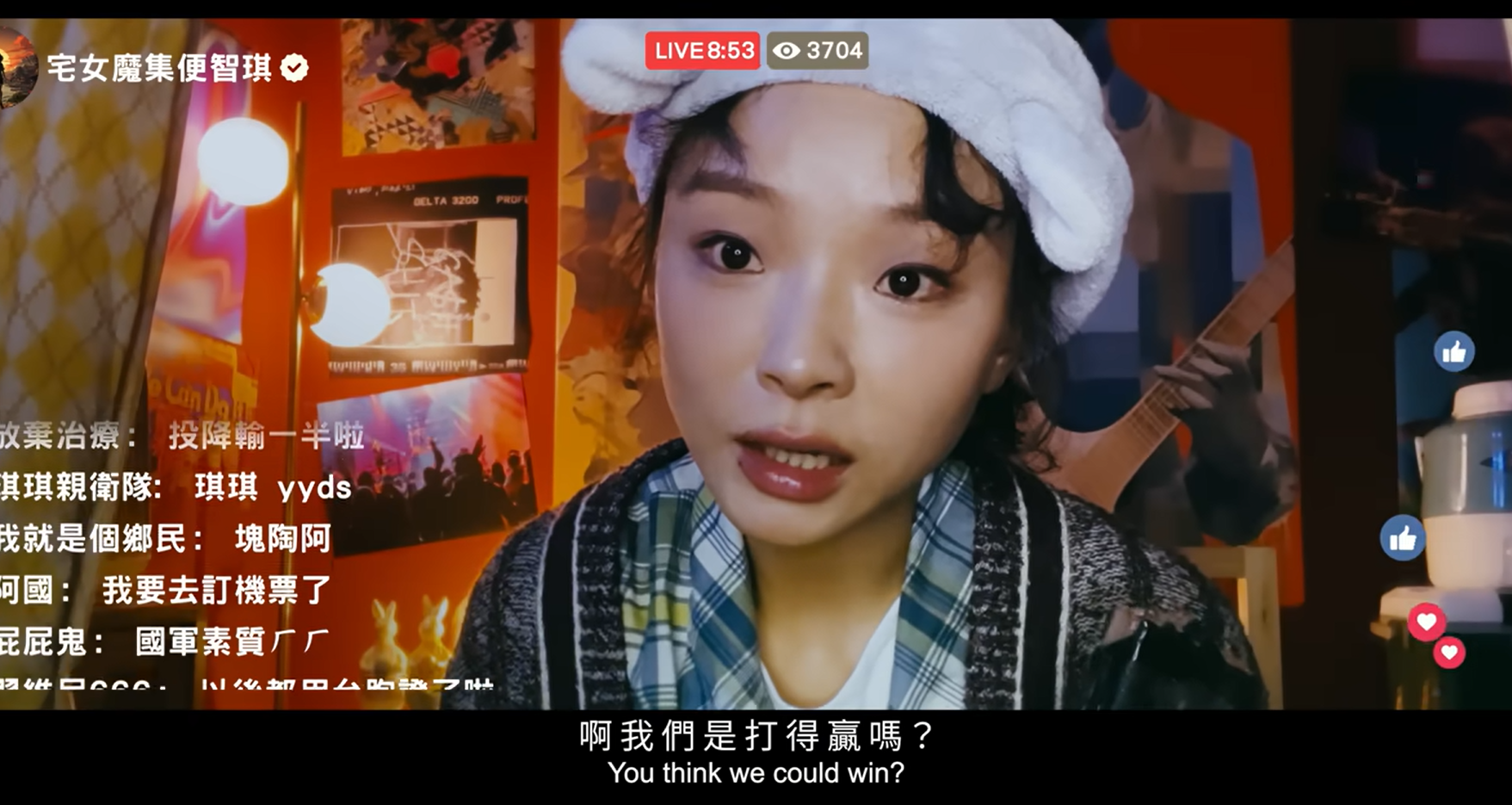
Cheng, who has spent five years working on the show with a crew of more than 500 people, says her intention is to provoke the Taiwanese into action.
“Initially, I thought that Taiwanese people did not really care about this war, but a year ago we released the trailer which was received very well and attracted a large viewership. That’s when I realised it’s not that Taiwanese people aren’t afraid of war or not caring about this,” she tells The Independent from Copenhagen, where the show had its world premiere last week. “It is actually maybe the fear deep inside of everyone's mind, but people just tend to not talk about it, hide it well and neglect it till it goes away from daily conversation.”
China claims sovereignty over Taiwan, which it considers a breakaway province, and president Xi Jinping wants to “reunify” the island with the mainland, by force if necessary. The Taiwanese people largely favour the status quo which gives them de facto independence.
Last month, the Chinese military conducted extensive drills in the waters and airspace around Taiwan which war monitors said was Beijing’s way of practising an invasion of the island and warning it against seeking formal independence.
Taiwanese officials have warned that China could launch a surprise attack under the guise of military drills.
American intelligence reports claim Xi has instructed the military to be ready to invade the island by 2027.
The premier at the Copenhagen Democracy Summit was attended by former Taiwanese president Tsai Ing Wen.
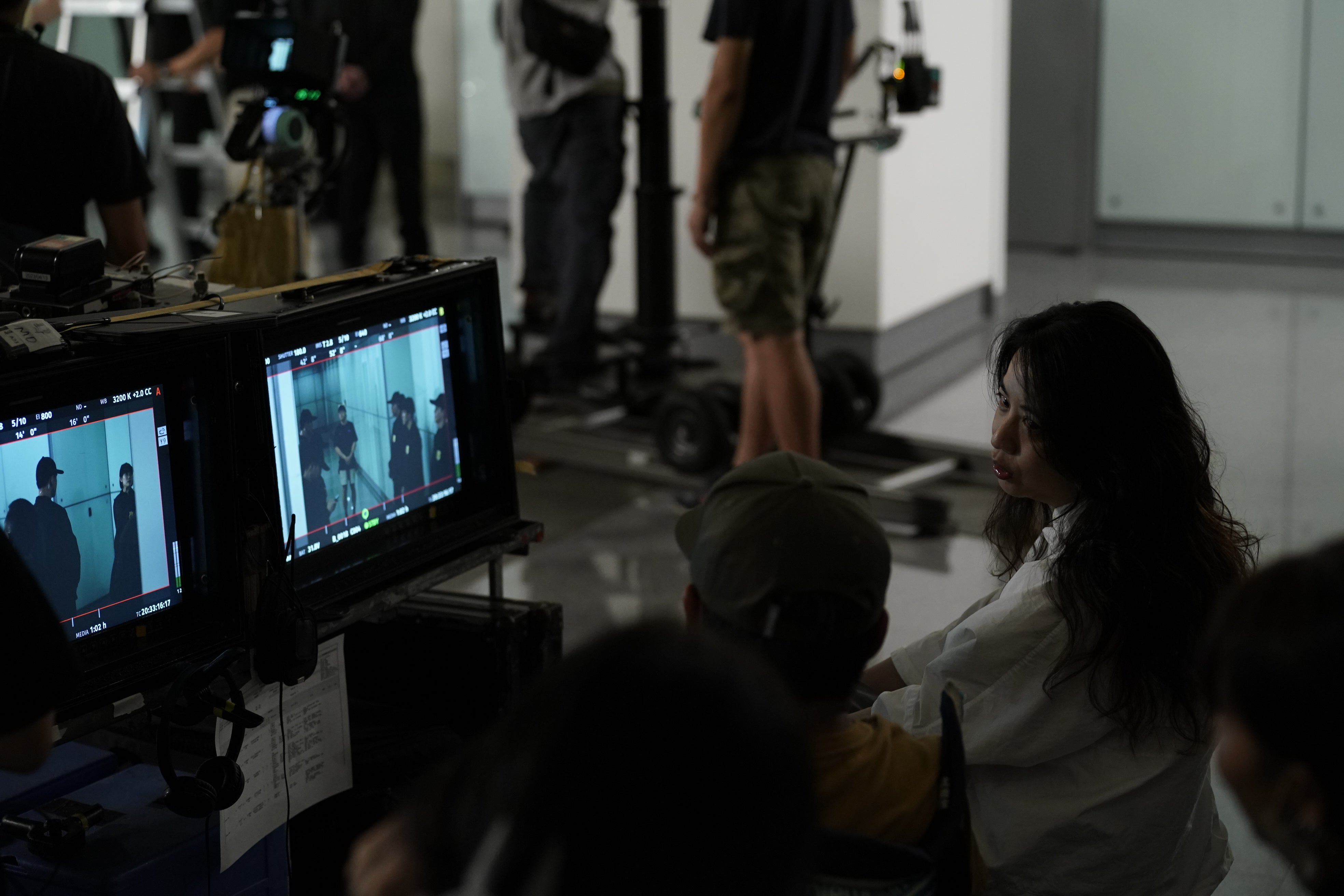
“The release of our trailer was a crack in a glass through which people started venting out about their fear and feelings about what China’s war could do to Taiwan. Normally, people tend to not face the reality of such possible scenarios,” Cheng says.
“We do feel this show has successfully started a conversation among the Taiwanese population. The trick to do it, and it is an old original hack, is to really provoke people’s thoughts on a topic by exposing them to a show like this.”
Cheng acknowledges the trailer “attracted some criticism from people saying that we are trying to terrify the general public” but insists “that is not true”.
“The threat of a war from China exists in people’s minds,” she says. “It’s just that people don’t want to talk about this.”
Zero Day has faced criticism in Taiwan for “scaremongering”. The opposition Kuomintang party has denounced the series as “government propaganda” – not least because it reportedly received funding from the culture ministry – while other critics have panned it for making Taipei look inept in the face of China’s actions.
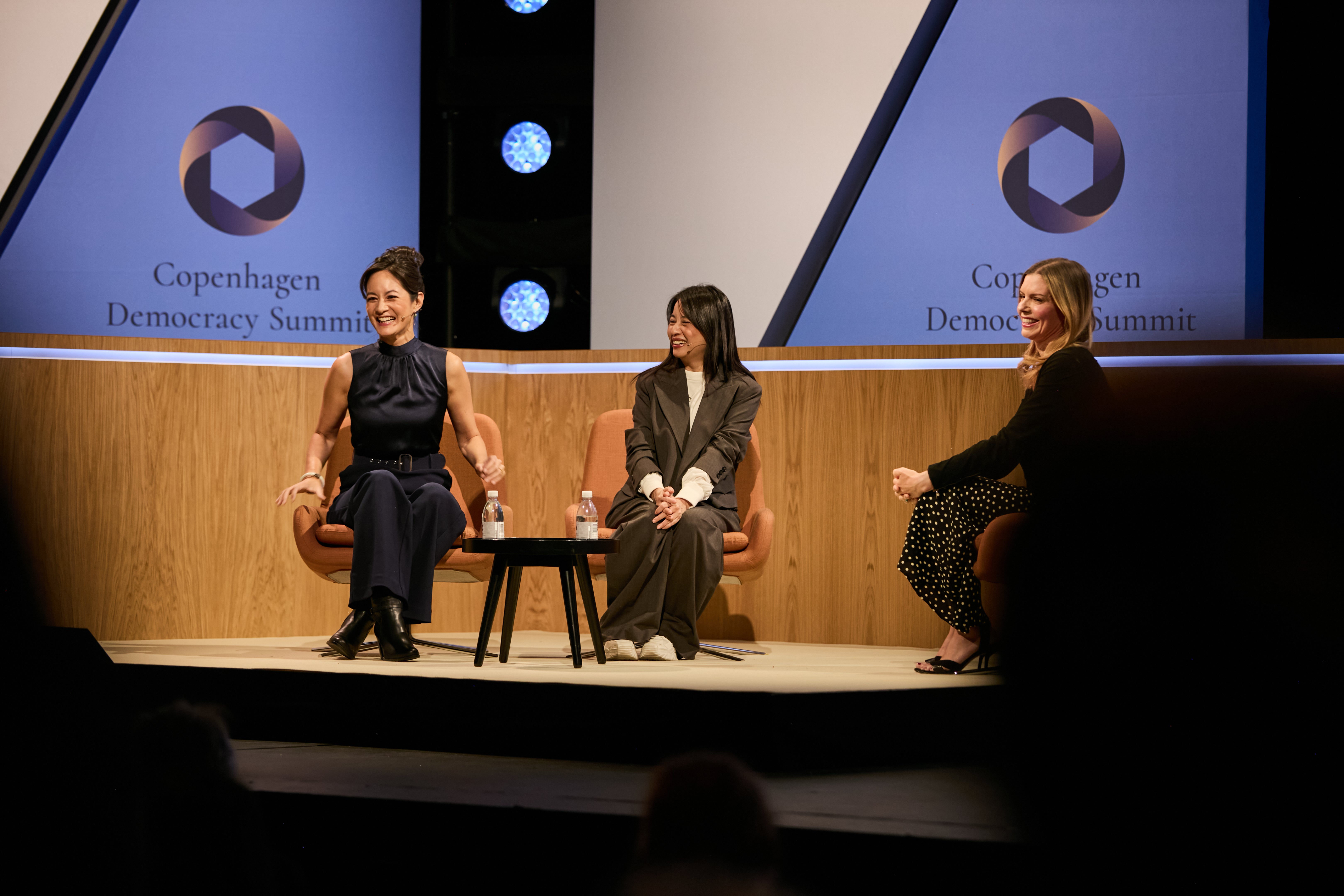
In the trailer, a TV presenter is reading out a news bulletin like it is business as usual: “This morning, one of the PLA's Y-8 crossed the South China Sea. While passing through waters southeast of Taiwan, it suddenly vanished on radar screens. China is blocking Taiwan's waters under the pretext of search and rescue.”
As she completes her sentence, one newsroom producer asks another: “They said our army retreated and the PLA landed in Kinmen." Another checks his phone and says: "It is rumoured on social media that the president has fled by flight.”
As the segment ends, the presenter turns around to the producer. “Jiang, so there's going to be a real war?" she asks to drive home the point that, as experts warn, Taiwan will be enveloped in a fog of misinformation in the event of war.
Zero Day is 10 episodes long and borrows heavily from Russia’s invasion of Ukraine.
Cheng claims to have shot the show with real warplanes and warships in real locations, including Taiwan’s presidential office and residence, to keep it as real as possible.
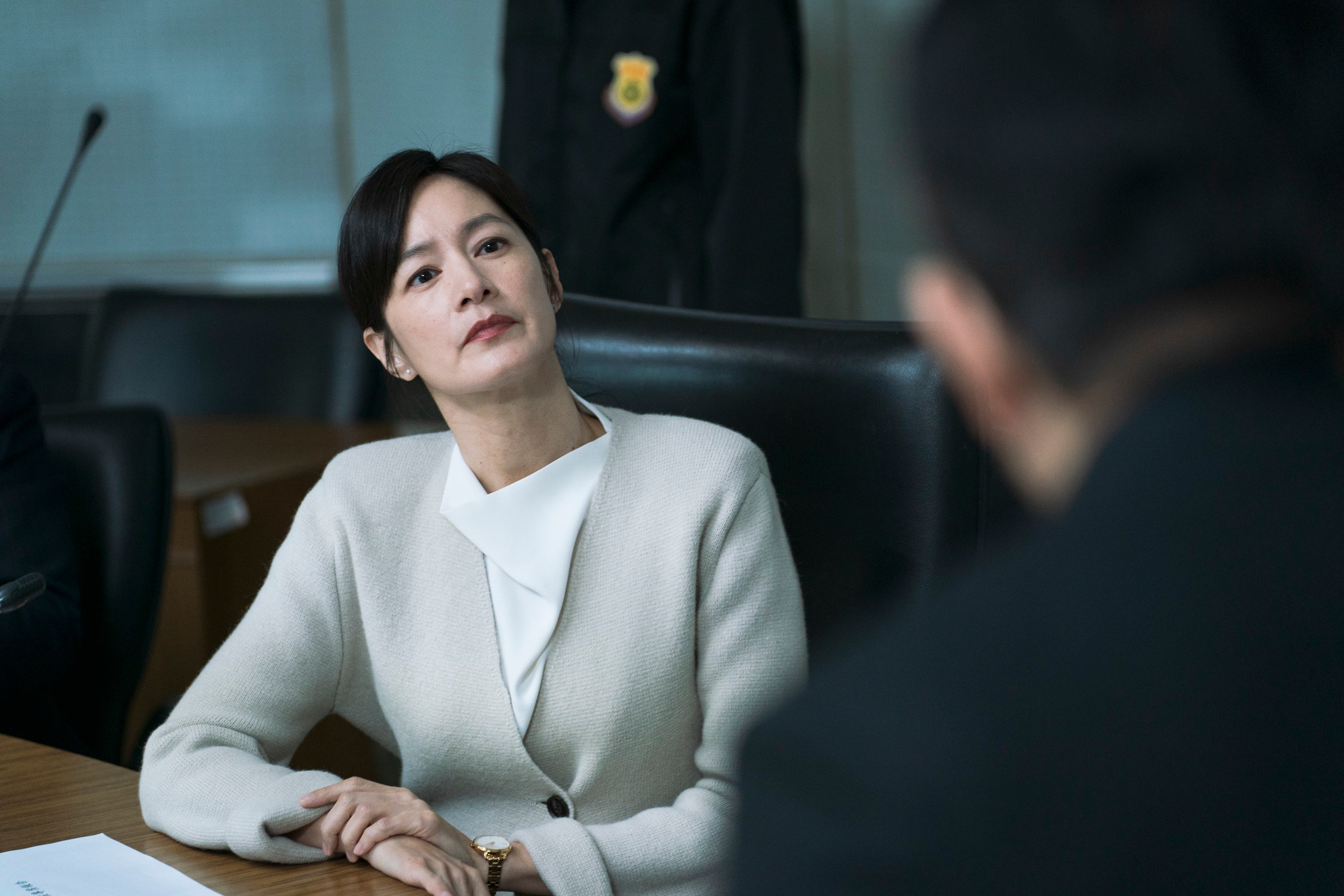
Cheng says she studied the Ukraine war theatre with the help of Puma Shen, an assistant professor at the National Taipei University’s Graduate School of Criminology, who flew to the eastern European nation to understand the role of Russian misinformation in the conflict.
“Just bombs and artillery don’t make a war. There’s infowar, a lot of disinformation and whatever fog of fake news can be used to shape the society’s thinking,” she says.
The makers of Zero Day say they want to portray how a military conflict may potentially touch every sphere of polity and society, from newsrooms and supermarkets to social media influencers and elected officials.
“Because if war happens, it is not only going to be for our army. Our whole society will descend into chaos. So, they have to prepare for what the war will look like for every section of the country,” explains David Kao, lead of programme planning at TaiwanPlus.
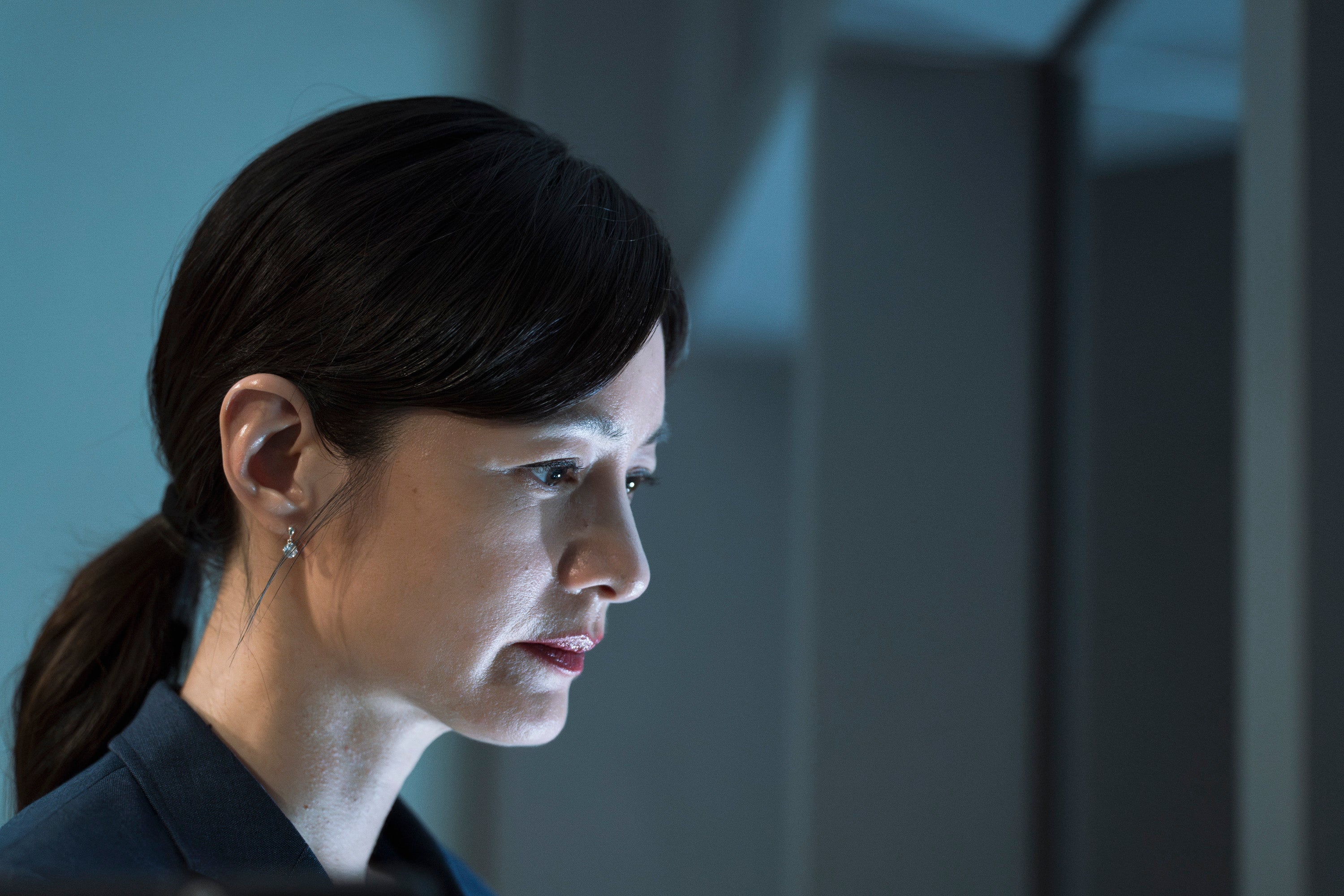
Cheng says she consulted current and former government officials, especially from the National Security Council of Taiwan, for inputs based on their war simulation scenarios.
China has already cracked down on the Zero Day team. Beijing blacklisted two investors on the project last year and termed them separatists. “They were blacklisted by China for supporting a pro-independence or pro-separation show. They are now persona non grata in Beijing’s official books,” Kao tells The Independent.
As for Cheng, she is taking all precautions to avoid China’s wrath. “I definitely personally would not dare to go to Hong Kong or China, or even travel on their airplanes,” she says.









 English (US) ·
English (US) ·